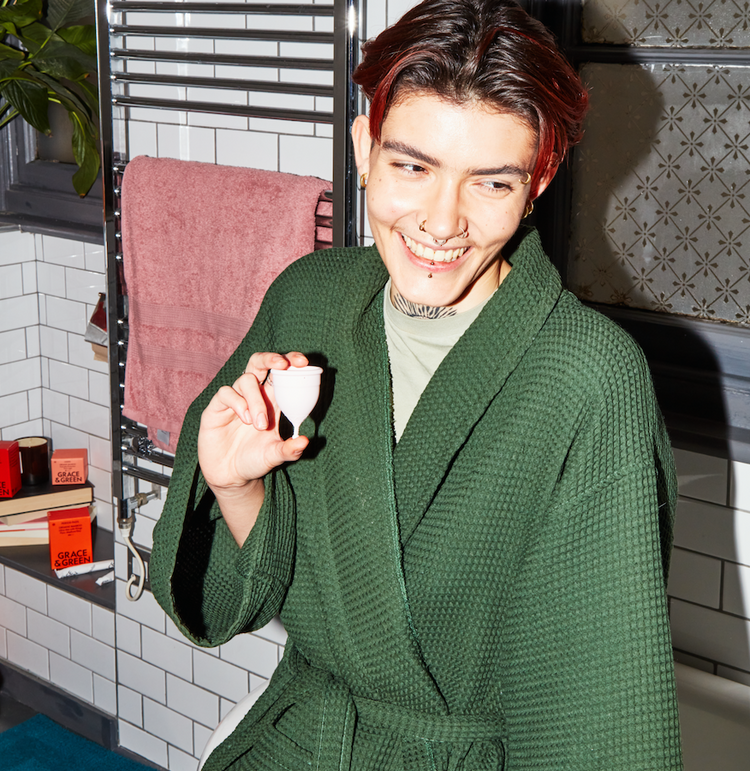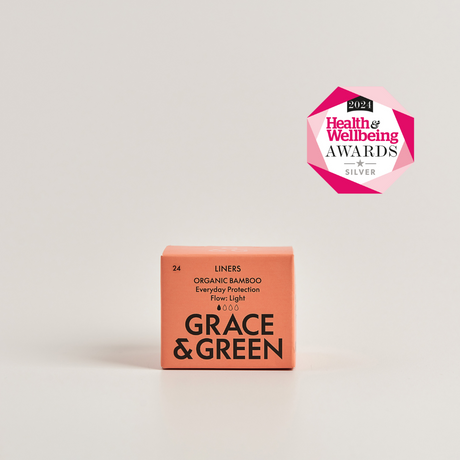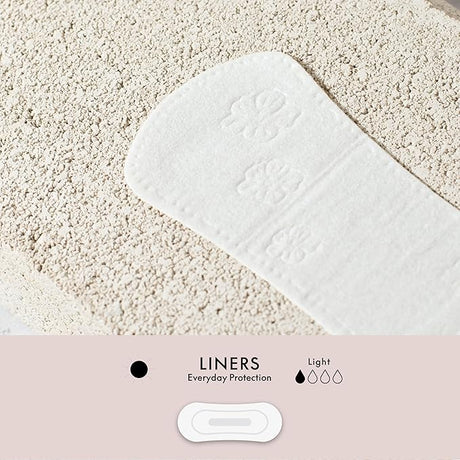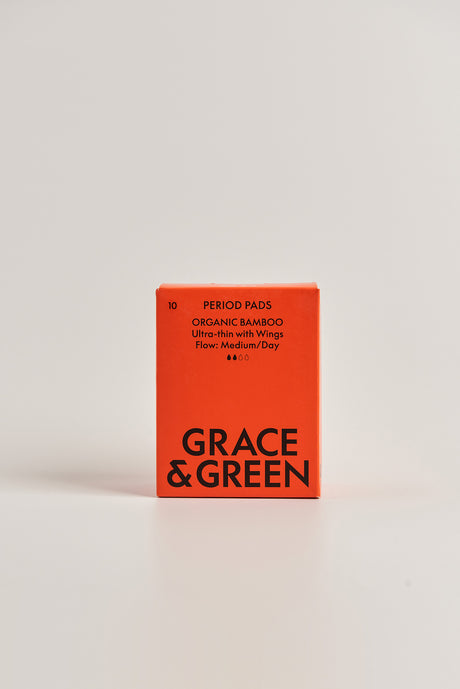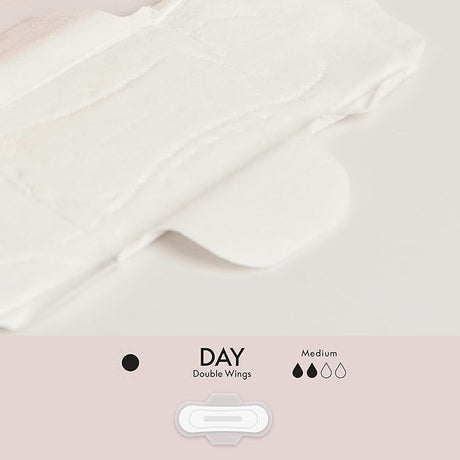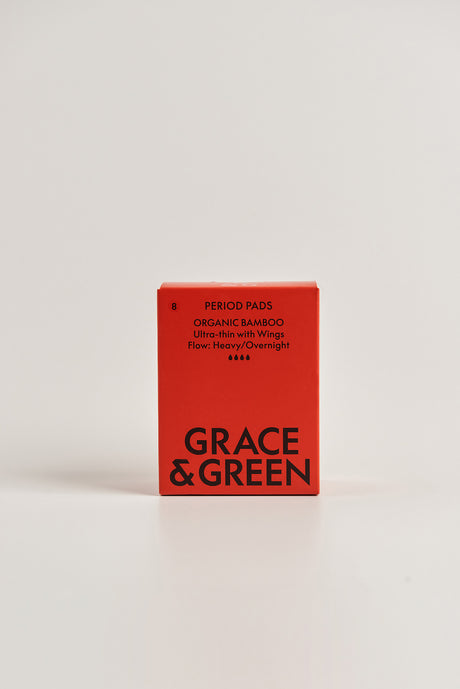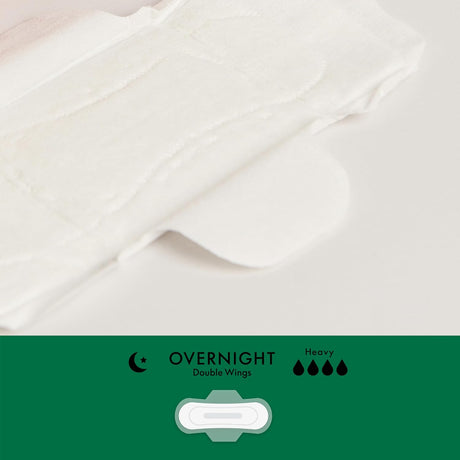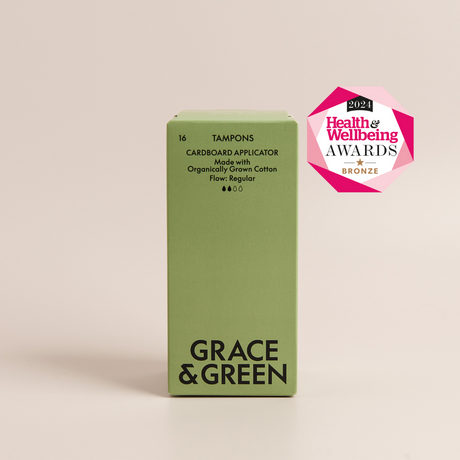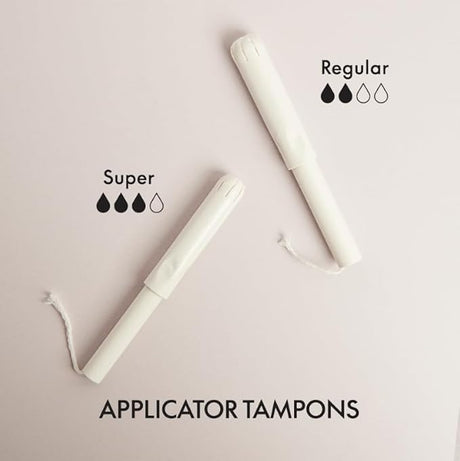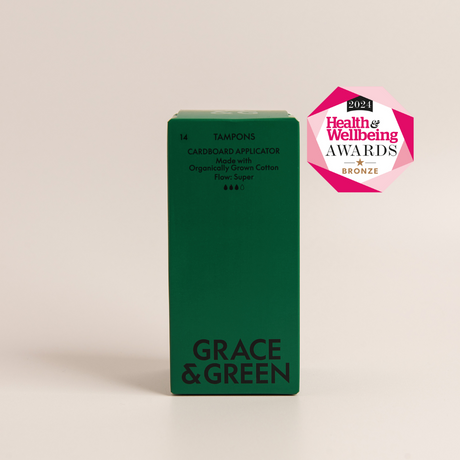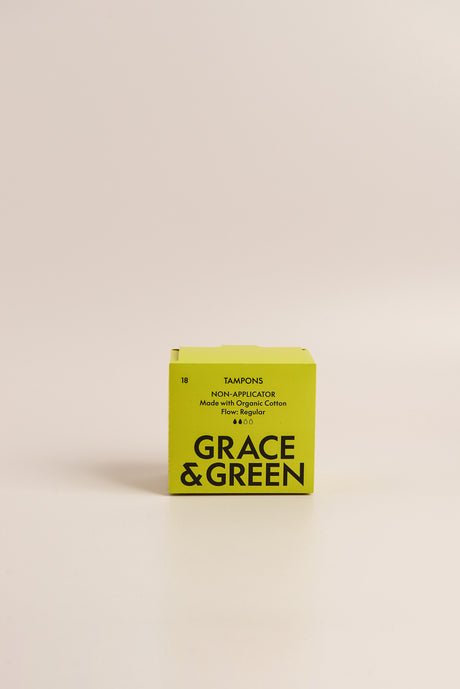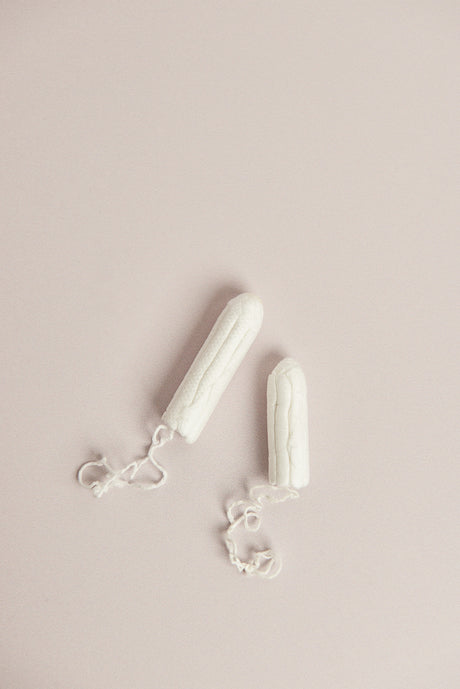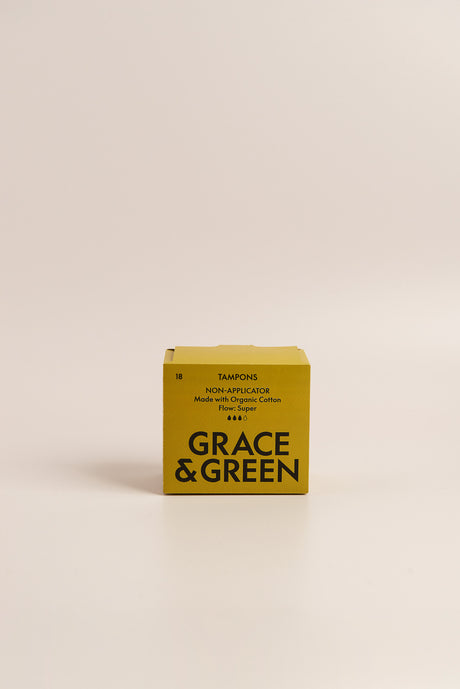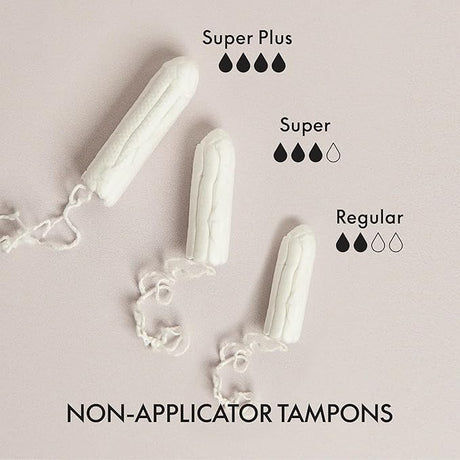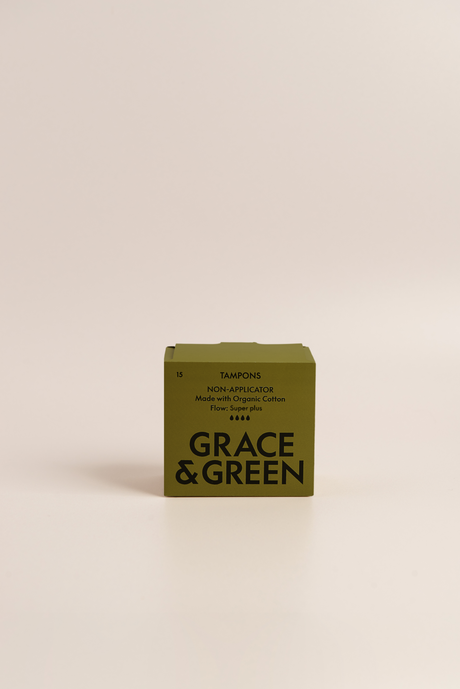Period inclusivity means understanding that everyone’s experience is different. Gender, age, abilities, money and background all play a part in how we go through it. It’s important to talk about periods in a way that includes and helps everyone.
That’s why inclusivity is a key part of our mission at Grace & Green.
We believe that inclusivity means everyone has access to the health support and education they need, ensuring products are available to everybody and demystifying negative associations linked to periods.
We believe that all people who menstruate should be able to manage their periods with dignity and without stigma.
Looking at language
The language we use when talking about menstrual health is important. People tend to use the words ‘women’ and ‘girls’ when discussing periods which can be harmful as it reinforces the idea that menstruation is a wholly female topic.
Our understanding of gender is evolving however the messaging around menstruation - which is also portrayed in dominant media - remains the same. Gendered language can exclude individuals who do not identify as women, including transgender, non-binary and gender fluid people. It can also isolate individuals who identify as women but do not menstruate, for example, people experiencing health issues, those who have had hysterectomies or gone through the menopause.
Periods don't define womanhood or femininity. It's time to break down the barriers that exclude any women based on their menstrual cycles.
Ageism in advertising and female health
People that menstruate will do so, on average, until they are around 45-50 years old. So, why is all the advertising and marketing only showing people in their 20’s?
At Grace & Green, we believe it is important to recognise menstruators of all ages, and those going through perimenopause – where periods can actually be heavier and more painful.
Further to this, people with hormonal disorders will have an entirely different experience of menstruation. This deserves both support and recognition, which isn’t commonplace.
People who live with disabilities also require products that work for them. At Grace & Green we offer a range of products including applicator tampons which are essential for so many people with mobility issues.
The transgender experience of menstrual health also needs more representation. The normalisation and acceptance of transgender, non-binary, and young people with different sexual orientations within schools can without a doubt, be an impactful first step and where the need for education comes in.
Schools need to support anyone with a uterus. Period stuff is all genders’ stuff and it’s not detracting from the focus on girls to include all people who menstruate.
Race and Ethnicity
Menstruation is often viewed as a purely biological process. However, racial, social and cultural landscape surrounding periods can significantly impact wellbeing.
The reality is that black and Asian women are more likely to have their concerns around their menstrual health dismissed. Studies show that Black and Asian women are more likely to have their concerns about menstrual health dismissed by medical professionals. In a 2020 study, women of colour often report feeling unheard and their pain minimised. This can lead to delayed diagnoses and inadequate treatment.
Beyond medical settings, cultural stigma can further complicate things. In certain cultures, people are thought of as unclean or shameful when experiencing their period. Menstruating women are considered impure and may be restricted from participating in religious rituals, touching food, or even sleeping in the same bed as others.
We are dedicated to providing period education for all and advocating for changes to the attitudes and stigma associated with periods, which varies in each community. We also work with global not-for-profit organisations to help with access to products alongside education.
Period dignity for all
Language is only one aspect in the fight for period equality. There are practical challenges that need to be overcome too; people who use men’s public toilets and get periods do not have access to sanitary bins or dispensers. There are ways to make period-related conversations, safety and comfort more accessible. However, representation is vital which is why at Grace & Green we’re on a mission to bring period dignity to all.
We believe that access to sustainable products should be for the many, not for the few, which is why we work to make period products free in public spaces, everyone should have access to organic period products. A kinder choice for your body and our planet. Grace & Green’s Period Dignity scheme partners with councils, schools, businesses and nonprofits to provide period products for people who may otherwise go without.
Portrayal within the media
Messaging within dominant media can have a huge impact on our perceptions of life, and this includes menstruation too. In fact, many adverts for disposable menstrual products appear to have a running theme: the importance of secrecy, implying dirtiness, and the need to avoid social situations because of the potential embarrassment.
Content on social media can also reinforce these narratives and stereotypes. One study found that menstruation was often described as a ‘source of debilitation, anger and frustration’ on social media platforms.
So, how can we talk about periods inclusively?
The language we use to talk about periods is important and there are a number of ways to implement these messages at every level. It all comes down to education.
Educate your friends, educate the people around you, educate your family. You don’t even have to do anything externally. Even re-framing the way you think about periods is a start. As we move towards eliminating period poverty, improving period products and removing taboos, it’s important that we consider all of the diverse experiences because there’s no one way to get a period. And after all, blood has no gender.

